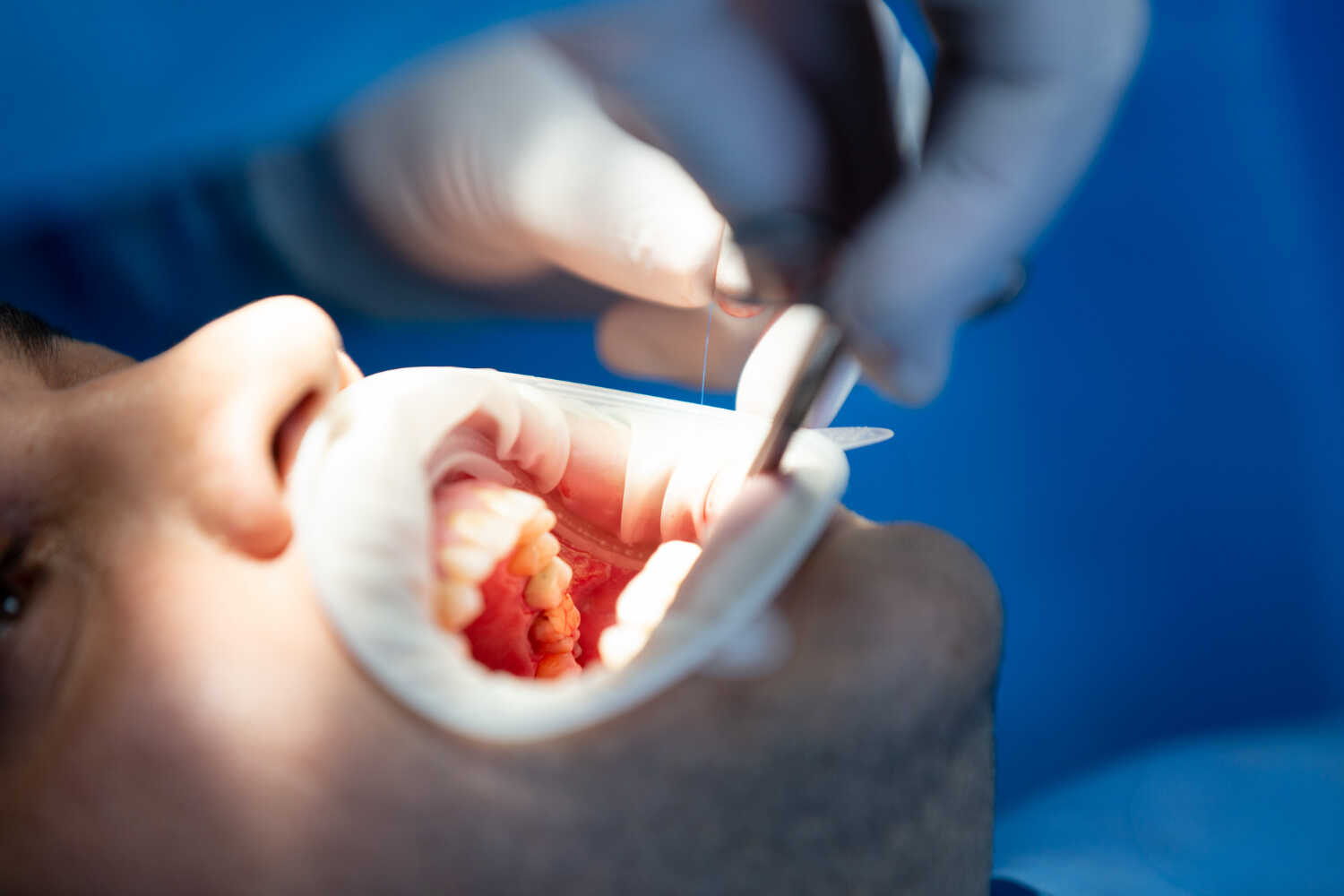
Recovery from root canal therapy is an important step in the overall dental treatment process. Although frequently painful and uncomfortable, root canals are necessary dental operations that can recover a tooth infected or damaged. Although having a root canal may seem frightening, understanding the healing process and adhering to the recommended maintenance guidelines will help assure a quick recovery. In this blog, we’ll go into the details of a root canal, talk about how long recovery should last, and offer valuable tips to speed up your ‘s recovery.
ROOT CANAL THERAPY
A dental procedure known as root canal therapy is utilized to protect an infected tooth that has sustained significant deterioration. The dentist performs the operation by removing the infected pulp from the tooth’s inside, cleaning and sanitizing the root canals, and then filling and sealing them. This procedure successfully eases the discomfort and keeps the tooth safe from being extracted. The recovery period is essential for healing and regaining dental health, even though the root canal surgery itself may produce minor discomfort during the process.
DURATION OF RECOVERY FROM ROOT CANAL THERAPY
Each person recovers differently following root canal therapy. However, the majority of people can anticipate their recovery to take a few days to a few weeks. The length of the healing period can vary depending on the extent of the infection, where the tooth is located, and your overall oral health. Remember that recovery takes time, and patience is essential throughout this period.
TIPS FOR A SMOOTH RECOVERY FROM ROOT CANAL THERAPY
Follow Post-Operative Instructions:
After your root canal therapy, your dentist will provide you with thorough post-operative instructions. To encourage healing and avert difficulties, it is crucial to strictly adhere to these guidelines. These directives might cover taking prescribed medications, adhering to dietary restrictions, and maintaining good oral hygiene.
Handle Discomfort and Pain:
Sensitivity and pain are common symptoms following root canal therapy. To prevent discomfort, your dentist may suggest over-the-counter drugs or prescribe you painkillers. Temporary relief can also be obtained by applying an ice pack to the affected area.
Maintenance of Proper Oral Hygiene:
Maintaining proper dental hygiene is essential during the healing process. Use a gentle, non-alcoholic mouthwash and gently brush your teeth daily with a soft-bristled toothbrush. Infection can be avoided, and healing can be accelerated by practicing good oral hygiene.
Eat Soft Foods:
It is recommended to adhere to a soft food diet in the days after the treatment. Avoid eating hard and crunchy food because it puts pressure on your teeth. Utilise items that are simple to chew, such as soups, smoothies, yogurt, and mashed potatoes.
Keep Yourself Hydrated:
Maintaining general oral health requires drinking enough water. It promotes healing by keeping your lips moist and aiding in the removal of microorganisms. Keep yourself hydrated throughout the day, especially if your mouth feels dry due to taking prescribed drugs.
Avoid Strenuous Activities:
To recover from the root canal procedure, give your body ample time to recover and strictly adhere to the aftercare guidelines. Avoid physically demanding activities or workout routines that can interfere with your ability to recover. To ensure a quick recovery, pay attention to your body and get the rest you require.
Attend Scheduled Follow-up Visits:
Make sure to attend all scheduled follow-up dental appointments. These visits provide your dentist a chance to check on your recovery, resolve any issues, and make sure the treated tooth is recovering appropriately.
CONCLUSION
To sum up, recovery from root canal therapy is a key step towards improving oral health and reducing dental discomfort. After the surgery, patients can anticipate a slow return to normalcy and an improvement in their general well-being. Even though every person’s experience will be different, remember that good post-operative care and adherence to the instructions are crucial to an effective recovery.




